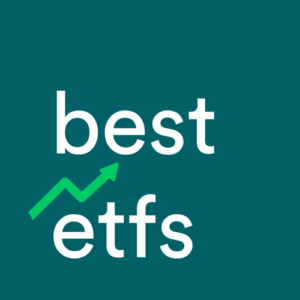The BetaShares Diversified Balanced ETF (ASX: DBBF) could be one to watch in November and in this short article, we’ll run through arguably the three most important factors to consider when you’re reviewing an ASX ETF.
What the BetaShares DBBF ETF actually does
The BetaShares DBBF ETF provides investors with a low-cost, diversified portfolio of assets, including shares, property securities, bonds and cash, across Australian and global markets.
Below $100m in FUM
The BetaShares DBBF ETF had $3.69 million of money invested when we last pulled the monthly numbers. With a funds under management (FUM) or ‘market cap’ figure of less than $100 million, it’s important to consider if this ETF is still too small.
We say an ETF with more than $100 million invested is typically more sustainable than one with less than $100 million (at least). This is because if an ETF is too small, it may not be sustainable for an ETF issuer/provider, such as BetaShares, to continue to operate it.
That said, there are exceptions to this rule of thumb, especially if the ETF issuer is committed to growing the ETF’s FUM to the point where it becomes profitable.
Don’t forget DBBF’s fees
BetaShares charges investors a yearly management fee of 0.26% for the DBBF ETF. This means that if you invested $2,000 in DBBF for a full year, you could expect to pay management fees of around $5.20.
For context, the average management fee (MER) of all ETFs covered by Best ETFs Australia on our complete list of ASX ETFs is 0.5% or around $10.00 per $2,000 invested. Keep in mind, small changes in fees can make a big difference after 10 or 20 years.
What to do next
If you’re weighing up investing in the DBBF ETF, keep in mind that this is just a brief introduction. Indeed, before doing anything, take a look at our free BetaShares DBBF report. And while you’re at it, consider searching our complete list of ASX ETFs for similar ETFs in the Diversified ETF sector to compare your options.
[ls_content_block id=”4954″ para=”paragraphs”]




